YIA Team and Fellows
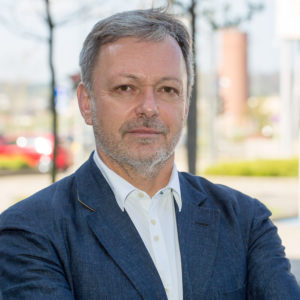
Prof. Claus VÖGELE
Head of the Institute for Advanced Studies
Programme Coordinator
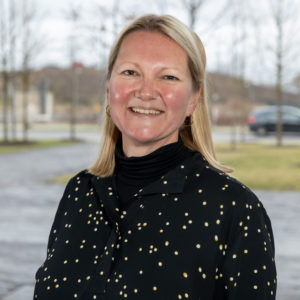
Dr. Sylvie FROMENTIN
Programme Manager
YIA Fellows
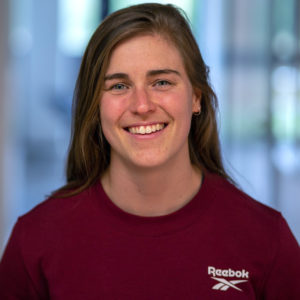
Dr. Elizabeth Martín Jefremovas
My PhD (Spain, 2021) was focused on investigating the spin dynamics in magnetic nanoparticles with two main objectives: i) understanding the magnetism connected to spin disorder and how to tune it; and ii) investigating the magnetism of magnetotactic bacteria on a fundamental level to expand their biomedical applications. As an Alexander von Humboldt postdoctoral fellow (Germany, 2022-2024), I further expanded my knowledge on magnetism associated to defects by including the topological dimension, studying the stabilization mechanisms and the interplay between the different energy terms in magnetic skyrmions.

Dr. Claudia Negri Ribalta
Claudia holds a PhD in Computer Science, specializing in Requirements Engineering, from Univeristé Paris 1 Panthéon-Sorbonne. She also has formal education in Computer Science and Political Science. She has extensively worked with data protection, security, and privacy requirements from an interdisciplinary perspective.

Dr. Federica Piras
I received my PhD from the University of Salento in 2022, with exchanges to the University of Western Ontario and the Italian SME Aquasoil. I worked on the integration of advanced oxidation processes with biofiltration for potable and non-potable reuse, focusing on the removal of emerging contaminants from wastewater. In October 2023 I joined the Environmental Cheminformatics group at LCSB. My goal is to embed non-targeted strategies for the identification of unknown contaminants into water treatment assessment.

Dr. Alejandro Ibarra
I obtained my doctorate in 2021 at the University of Santiago de Chile in the materials science program. My thesis work consisted of designing methodologies for the modeling, design, and manufacturing of bio-inspired soft robots. Later, I worked as a postdoc in the PMMH laboratory of the ESPCI University in Paris. My work involves developing experimental and numerical techniques to manufacture flat objects that change shape into 3D structures upon receiving external stimuli.
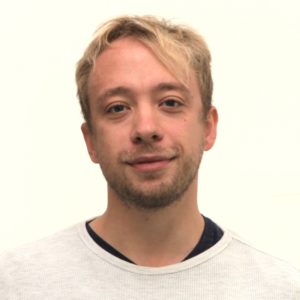
Dr. Markus Ludwig
Markus’s research is centered around the domains of ultrafast optics, plasmonics, and integrated photonics. He received his PhD in physics from the University of Konstanz (Germany) in 2020, where he studied attosecond electron transport in mesoscopic structures. During a postdoc at DESY (Germany), he focused on developing chip-scale femtosecond laser sources for precision frequency comb spectroscopy applications as well as sources operating at multi-GHz repetition rates.

Dr. Salomé Lannier
Salomé Lannier’s (she/her) expertise mainly lies in criminal law and digital law, and her research interest lies in the fight against human trafficking, a gender-based approach to law, and the legal framework around sex work. Salomé is a Doctor of Law and criminal sciences, after defending in December 2023 her thesis on “New technologies and human trafficking,” in joint supervision between the University of Bordeaux (France) and the University of Valencia (Spain). Previously to her doctoral studies, she worked for a year in the Criminal Affairs and Pardons Department of the Ministry of Justice, as a legal draftswoman for the magistrate in charge of France’s evaluation by the Financial Action Task Force.
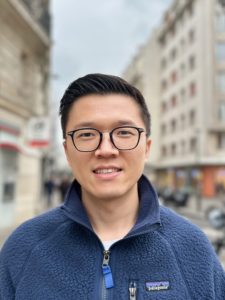
Dr. Zhiqiang Zhong
Zhiqiang Zhong is a Computer Scientist specializing in Graph Machine Learning and Knowledge-enhanced Machine Learning. He received his PhD from the University of Luxembourg in 2022 and conducted postdoctoral research at Aarhus University (Denmark), developing Artificial Intelligence approaches for intelligent drug discovery through industry-academic collaborations.
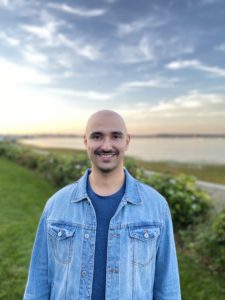
Dr. Gaurav Inder Singh Toor
Gaurav is a social scientist specializing in political economy, with expertise in both qualitative and quantitative research techniques. His doctorate work argues that the type of intergroup violence (death versus displacement) varies based on a security dilemma determined by ethnic demography. In addition to academia, he founded and ran a social impact non-profit in Kenya. Gaurav has a Ph.D. in Government from Cornell University, NY, USA and a B.Sc. in Economics from Trinity College, CT, USA.

Dr. Ilaria Goglia
Ilaria Goglia is a neuroscientist, she obtained her PhD in Neuroscience in 2024 at the University of Milano-Bicocca, where she dedicated her studies to mitochondrial dysfunction and neuroinflammation in Parkinson’s disease. She works as a researcher in the Molecular and Functional Neurobiology group at the Luxembourg Centre for Systems Biomedicine (LCSB), where she focuses on mitochondrial homeostasis and metabolism in iPSC-derived neuronal and astrocytic models in Parkinson’s disease. Her research interests span from cellular and molecular biochemistry to advanced image analysis, including computational modelling of cellular processes.
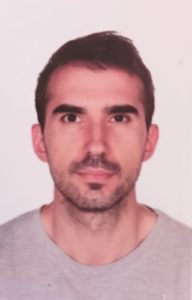
Dr. Tomas Espino Barrera
Tomás Espino Barrera holds a BA in Translation and Interpreting and a PhD in Comparative Literature from the University of Granada (Spain). His main research interests are in literary multilingualism, exilic and migrant literature, pseudotranslations, and digital humanities and intertextuality in world literature.
